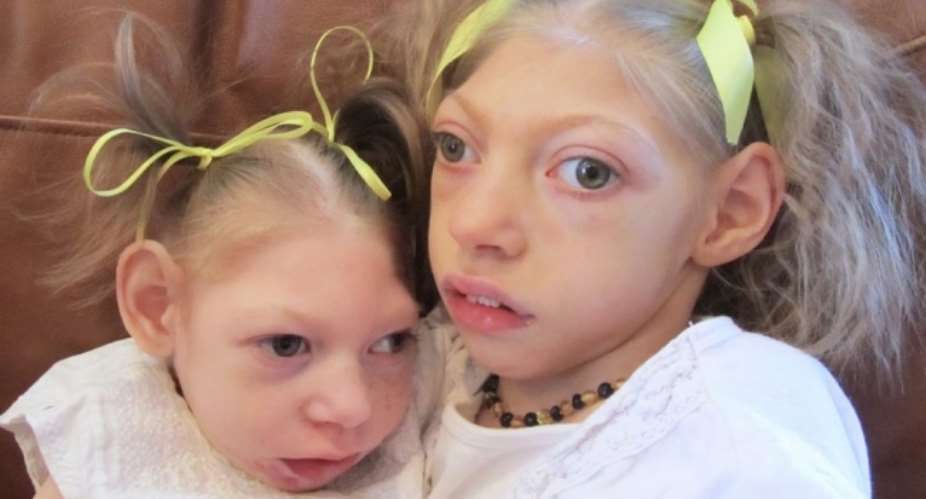It has all started, hasn’t it? Women are already producing kids with abnormally small heads.
If anything must cripple our utopian fancies first, allow it be the changing climatic conditions fuelling the outbreak of strange viruses and diseases.
A virus with a quondam occurrence in the jungles of Uganda has now seen over 4000 babies born with a condition known as microcephaly in Brazil alone since May 2015 when the virus was first reported.
Many a scientist owe the proliferation of this virus to the changing climate, and though hasn’t been proven, has a say on why it has surpassingly become difficult to have the virus in a warmer planet.
Today, 26 countries in South and Central America have caught the virus named after a Ugandan forest, ‘Zika,’ a facility of Uganda Virus Research Institute, Entebbe. It must now be clear that climate change will even make it steeper for developing countries to manage future epidemics as Brazil’s efforts, drawing example, to halt the spread has not yield satisfying fruits.
World Health Organization notices that zika was hitherto sporadic and less prolific . But with increasing average global temperatures, the troubling Aedes mosquito breeding will be naturally enhanced increasing the risk of an epidemic on a planet checkered by environmental issues. A challenge within a challenge!
Last year was the hottest on record, with temperatures for the first time reaching about 1 C above pre-industrial levels. But in some parts of Brazil, and areas now affected, average temperatures rose by between 3 and 5 C, according to data from the Centre for Weather Forecasting and Climate Studies at Brazil’s National Institute for Space Research.
Studies by Brazilian scientists further reveal that the Aedes egypti mosquito has spread to 80 percent of the country, an area of 6.9 million square km (2.6 million square miles)—four times larger than a decade ago.
This study must ring even a louder bell to countries wanting to loose grips on climate mitigation and adaptation efforts if humanity is going to thwart more upcoming climate-triggered ailments.
Unlike malaria that is held to have killed half the people who have ever lived, her sister Zika looms to “alter greater human anatomy…and even psyche if it persists like malaria.” Says Paolo Zanotto, a virologist at the University of São Paulo’s Biomedical Sciences Institute, also co-ordinating a network of laboratories studying the Zika virus.
To avoid this guttering prophecy, WHO says avoiding mosquito bites -- by using window screens and bed nets, and removing water where the insects breed -- is the best way to reduce risk at a micro scale; while fixing our attention on the global climate change solutions will reduce long run chances of even more harmful plagues.





 Former Kotoko Player George Asare elected SRC President at PUG Law Faculty
Former Kotoko Player George Asare elected SRC President at PUG Law Faculty
 2024 elections: Consider ‘dumsor’ when casting your votes; NPP deserves less — P...
2024 elections: Consider ‘dumsor’ when casting your votes; NPP deserves less — P...
 You have no grounds to call Mahama incompetent; you’ve failed — Prof. Marfo blas...
You have no grounds to call Mahama incompetent; you’ve failed — Prof. Marfo blas...
 2024 elections: NPP creates better policies for people like us; we’ll vote for B...
2024 elections: NPP creates better policies for people like us; we’ll vote for B...
 Don’t exchange your life for wealth; a sparkle of fire can be your end — Gender ...
Don’t exchange your life for wealth; a sparkle of fire can be your end — Gender ...
 Ghana’s newly installed Poland train reportedly involved in accident while on a ...
Ghana’s newly installed Poland train reportedly involved in accident while on a ...
 Chieftaincy disputes: Government imposes 4pm to 7am curfew on Sampa township
Chieftaincy disputes: Government imposes 4pm to 7am curfew on Sampa township
 Franklin Cudjoe fumes at unaccountable wasteful executive living large at the ex...
Franklin Cudjoe fumes at unaccountable wasteful executive living large at the ex...
 I'll 'stoop too low' for votes; I'm never moved by your propaganda — Oquaye Jnr ...
I'll 'stoop too low' for votes; I'm never moved by your propaganda — Oquaye Jnr ...
 Kumasi Thermal Plant commissioning: I pray God opens the eyes of leaders who don...
Kumasi Thermal Plant commissioning: I pray God opens the eyes of leaders who don...
